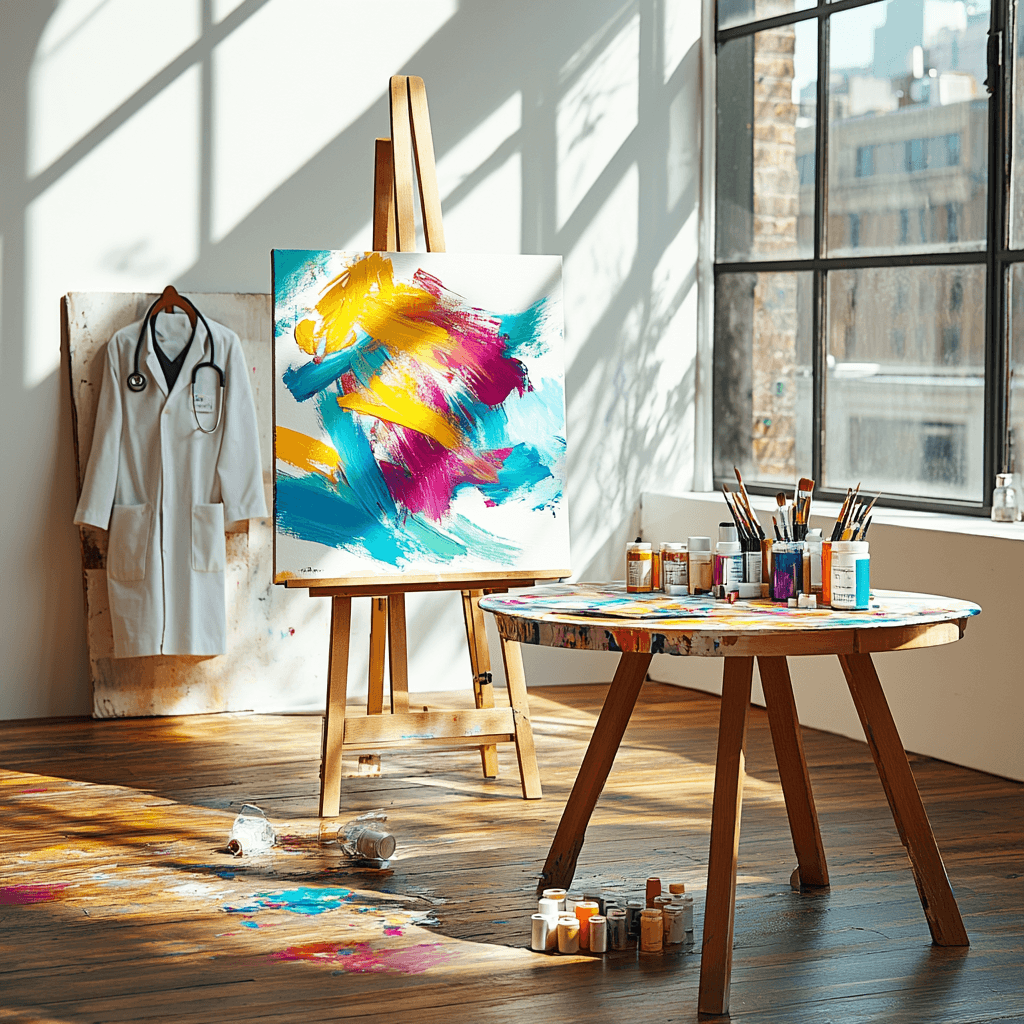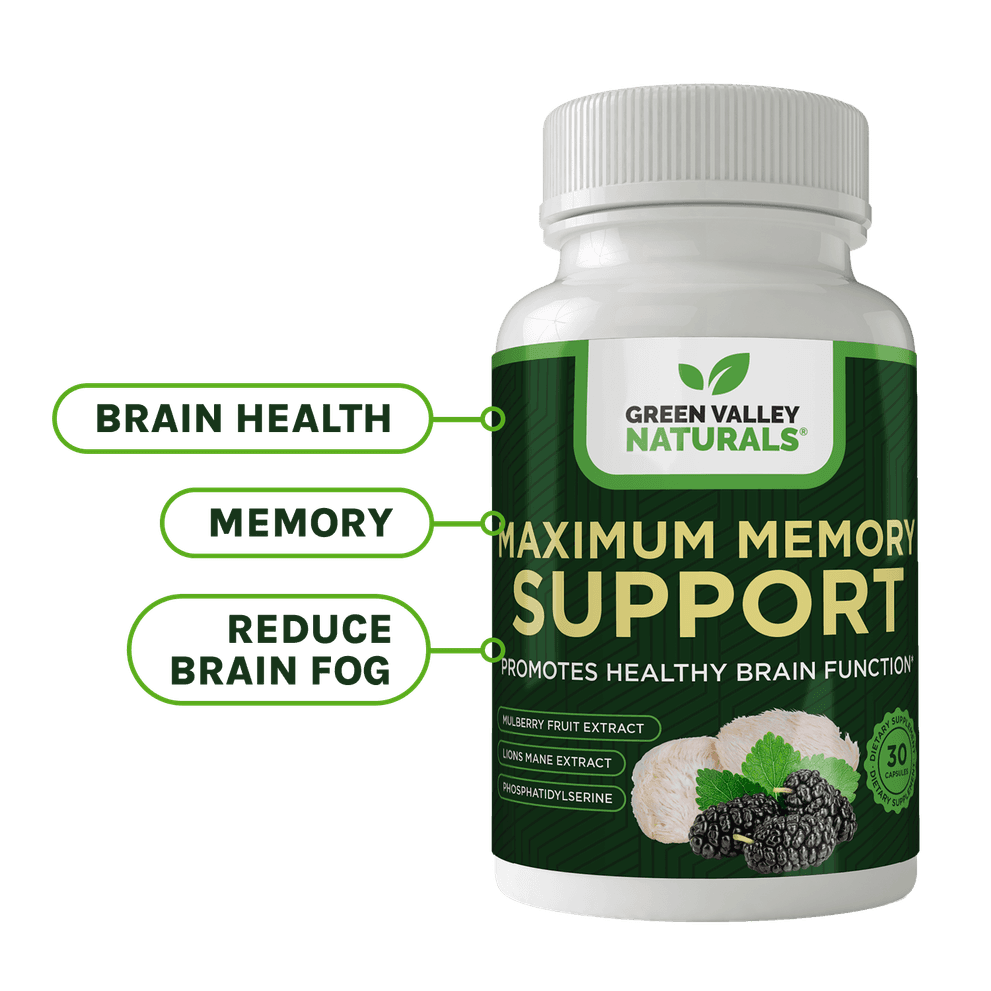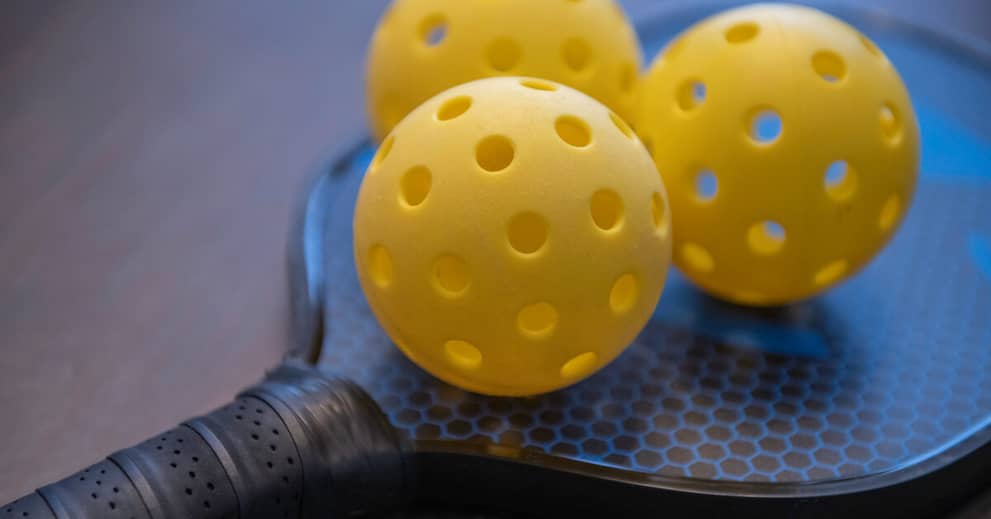
Could the simple act of painting, sketching, or knitting actually help you feel better and live longer? While arts and crafts are often seen as hobbies or creative escapes, new research reveals they may be doing far more than filling your free time. Keep reading to discover why some doctors are prescribing painting instead of pills.
Key Takeaways
- Crafting Boosts Mental Wellbeing – Arts and crafts improve happiness, reduce anxiety, and increase feelings of purpose—sometimes more than having a job does.
- Wellbeing Supports Physical Health – High subjective wellbeing is associated with stronger immune function, lower stress, and even a longer lifespan.
- Doctors May Start “Prescribing” Crafting – Social prescribing of creative activities is already gaining traction in the UK as a drug-free mental health intervention.
A Creative Cure for Stress You Can Start Today
The Brits enjoy their arts and crafts, with one person in five estimated to engage in such pursuits. So much so that many prime-time television slots are devoted to jewelers and sewers.
While people take up these pastimes for enjoyment, they also reap benefits to their mental health.
In the UK, doctors are encouraged, if they feel drugs are not the answer, to prescribe gardening, fishing, ballroom dancing, museum visits, and more for their depressed patients.
It’s hoped this “social prescribing” will improve their patients’ mental wellbeing.
While a few studies support this, showing arts and crafts can improve mental health, enhance subjective wellbeing, and reduce suicidal tendencies, they mostly involve small numbers of people using specific crafts in a clinical setting. Researchers from Anglia Ruskin University in Cambridge, England, sought to examine these activities within a broader context of the everyday life of the general population, something that hadn’t been explored before.
To do so, they analyzed a sample of 7,182 British men and women who took part in an annual survey that asked them questions about their engagement with cultural, digital, and sporting activities.
More than one in three (37.4%) said they’d taken part in at least one craft activity such as pottery, drawing, painting, knitting, sewing, and crochet, over the previous twelve months.
As part of the survey, they were asked to rate their subjective well-being, which includes sensations of happiness, anxiety, life satisfaction, and whether they feel life is worthwhile.
After the researchers accounted for age, gender, sociodemographic variables, and various other factors known to affect people’s wellbeing, they found for the first time that engagement in arts and crafts activities improves subjective wellbeing over and above other known predictors - including employment status and affluence - in the general population.1
Dr. Helen Keyes, lead author of the new study published in the journal Frontiers in Public Health in August, said: “Crafting and other artistic activities showed a meaningful effect in predicting people’s sense that their life is worthwhile, increased life satisfaction and happiness. Indeed, the impact of crafting was bigger than the impact of being in employment. Not only does crafting give us a sense of achievement, it is also a meaningful route to self-expression. This is not always the case with employment.”2
Improves Health and Longevity
Since most factors that influence subjective well-being cannot be changed or are difficult to change, arts and crafts are accessible and relatively affordable. They could make a real difference in improving the health of the population. That’s because higher subjective well-being has been shown to predict health outcomes and even longevity, and has positive effects on those with certain illnesses.
For instance, one study found “well-being can directly bolster immune functioning and buffer the impact of stress.”3 A review of 70 studies found positive psychological well-being in healthy people lowered mortality by 18 percent and significantly reduced death from heart disease.4 A further review outlined the causal evidence demonstrating the beneficial influence of subjective well-being on health and longevity.5
Dr. Keyes added: “Governments and national health services might consider funding and promoting crafting, or even socially prescribing these activities for at-risk populations, as part of a promotion and prevention approach to wellbeing and mental health.”
Summary
A large-scale UK study has revealed that arts and crafts aren't just enjoyable—they can significantly enhance mental wellbeing across the general population. Activities such as knitting, drawing, and pottery were linked to higher levels of happiness, life satisfaction, and a greater sense that life is worthwhile. Remarkably, their positive impact on well-being was greater than employment status. This matters because subjective well-being is strongly linked to better health outcomes, improved immune function, and even longer life expectancy. Experts now suggest that crafting may be an underutilized tool in preventive health strategies.
5 Frequently Asked Questions
Can arts and crafts really improve mental health?
Yes. A large UK study found that people who engage in arts and crafts report higher happiness, less anxiety, and greater life satisfaction.
How do creative hobbies affect physical health?
Better mental wellbeing is linked to improved immune function, reduced inflammation, and longer life expectancy.
What types of crafts are included in the study?
Knitting, sewing, painting, pottery, drawing, and other hands-on creative hobbies were all shown to boost wellbeing.
Is this just for people with depression or anxiety?
No. The study included the general population and showed benefits across all demographics—not just those with mental health diagnoses.
Will doctors actually prescribe crafting in the future?
In the UK, “social prescribing” already exists and includes crafting, gardening, and museum visits as part of holistic mental health care.
- Keyes H, et al. Creating arts and crafting positively predicts subjective wellbeing. Front Public Health. 2024 Aug 16;12:1417997
- EurekAlert. Arts and crafts improves your mental health as much as having a job, scientists find. 6-Aug-2024
- Howell RT, et al. Health benefits: Meta-analytically determining the impact of well-being on objective health outcomes. Health Psychology Review 2007;1(1).
- Chida Y, Steptoe A. Positive psychological well-being and mortality: a quantitative review of prospective observational studies. Psychosom Med. 2008 Sep;70(7):741-56
- Diener E, Chan MY. Happy People Live Longer: Subjective Well-Being Contributes to Health and Longevity. Health and Wellbeing. 27 January 2011




